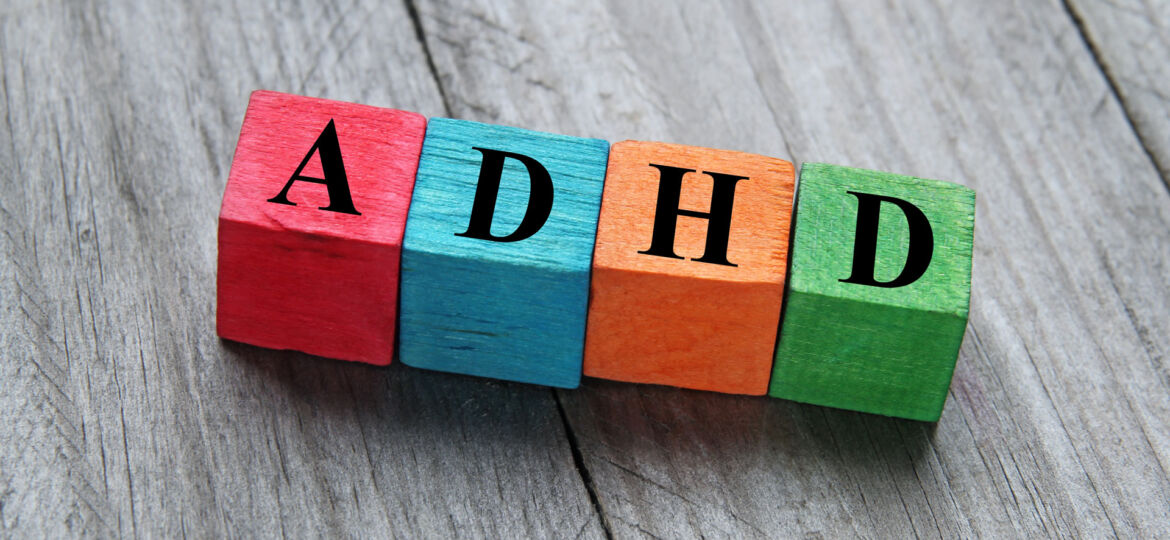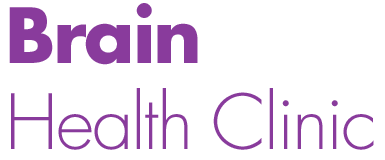
Researchers Confirm Sustained Effects
Due to the recent national shortage of medication commonly used in ADHD treatment, it is a good time to revisit studies showing the efficacy of neurofeedback as a therapy for ADHD. Since neurofeedback is non-pharmacological, it provides our clients with a method of regulating their ADHD symptoms without reliance on pharmaceuticals. Therefore, if neurofeedback is both an effective and long-lasting therapy for ADHD, it is exactly what is needed in the face of drug shortages.
Verified by an International Team
In June 2020, the journal Applied Psychophysiology and Biofeedback published a review of experiments focused on neurofeedback as a treatment for ADHD. The research team included participants from the Netherlands, Australia, and the United States. In their own words, they used “an updated and stricter version of the APA [American Psychological Association] guidelines for rating ‘well-established’ treatments and focused on efficacy and effectiveness using effect-sizes (ES) and remission, with a focus on long-term effects.”
Compared with Drug and Behavioral Therapies
The interesting part of this study is that it did not look at neurofeedback training in a vacuum, but compared this mode of therapy against other accepted ADHD treatments. Specifically, the researchers wrote: “Efficacy and effectiveness [of neurofeedback] are compared to medication and behaviour therapy using benchmark studies.” Therefore, this study allows the patient and family to compare the results obtained by all three forms of treatment for ADHD.
Results From Multiple ADHD Studies
The reviewers concluded that neurofeedback therapy and behavioral therapy had similar outcomes in relation to effectiveness, while medication therapy compared to neurofeedback showed that medication resulted in marginally better or comparable results. Most importantly, the neurofeedback experiments reported up to 47% of cases as resulting in remission of ADHD symptoms and that these results lasted at least 6 to 12 months without additional therapy. Since neurofeedback therapy consists of a series of therapy sessions that eventually conclude, while drug therapy is required “possibly for 10 years or more”, the researchers also decided that neurofeedback likely provides economic benefits to patients and families. The study therefore stated: “It is concluded, using a stricter version of the APA guidelines, that standard neurofeedback protocols in the treatment of ADHD can be considered as well-established and ‘efficacious and specific’.”
To arrange a free initial neurofeedback consultation for yourself or a family member, contact Sacramento’s Brain Health Clinic by phone or online.
